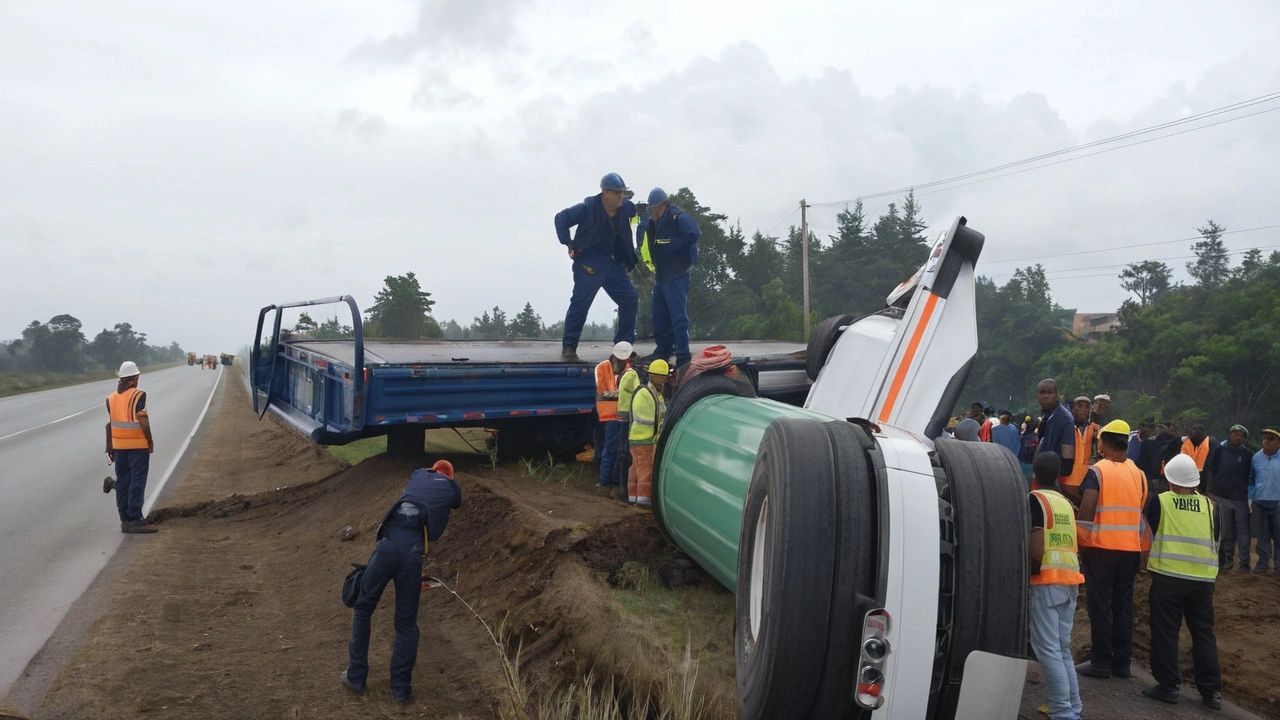Toxic Spill News and What It Means for You
Toxic spills aren’t just headlines—they can affect our health, the environment, and daily life. When chemicals leak into water, soil, or air, they can cause serious problems. Knowing about these spills helps us understand risks and what steps to take if you’re nearby.
Here at Cape Sun News, we track incidents involving toxic spills closely. From industrial accidents to environmental negligence, we bring you updates on how these events unfold in South Africa and the surrounding region. Our goal is to give you clear info on what happened, what’s being done, and how it might influence local communities.
How Toxic Spills Impact Communities
Toxic spills can lead to water contamination, unsafe air quality, and harm to wildlife. This often results in restrictions like water use bans or evacuations. If a spill occurs nearby, local authorities usually act fast with cleanup efforts and warnings to keep people safe. We cover these responses so you can stay prepared.
What Can You Do If a Toxic Spill Happens Near You?
First, listen to official alerts—don’t ignore instructions from local government or emergency agencies. Avoid the spill area and keep windows closed to reduce exposure. If outdoors, try to move to a safe zone quickly. Long term, consider supporting policies that enforce stricter environmental controls to prevent spills from happening in the first place.
At Cape Sun News, our toxic spill coverage is designed to keep you aware and ready. We deliver updates on major incidents, cleanup progress, and health advisories. That way, you’re not left wondering what’s going on—you're informed and empowered.
Check back often as we update our stories with the latest details on toxic spills affecting South Africa. Your safety and knowledge matter, and we’re here to deliver both in a straightforward, easy-to-understand way.
Kiambu County Officials Plead for Return of Hazardous Sodium Cyanide After Truck Spill
In Kiambu County, local officials are urging residents to return sodium cyanide looted after a truck accident caused a spill of this highly toxic chemical. They stress the severe health risks, including immediate and long-term effects, and the potential environmental damage, urging full cooperation with emergency teams.

